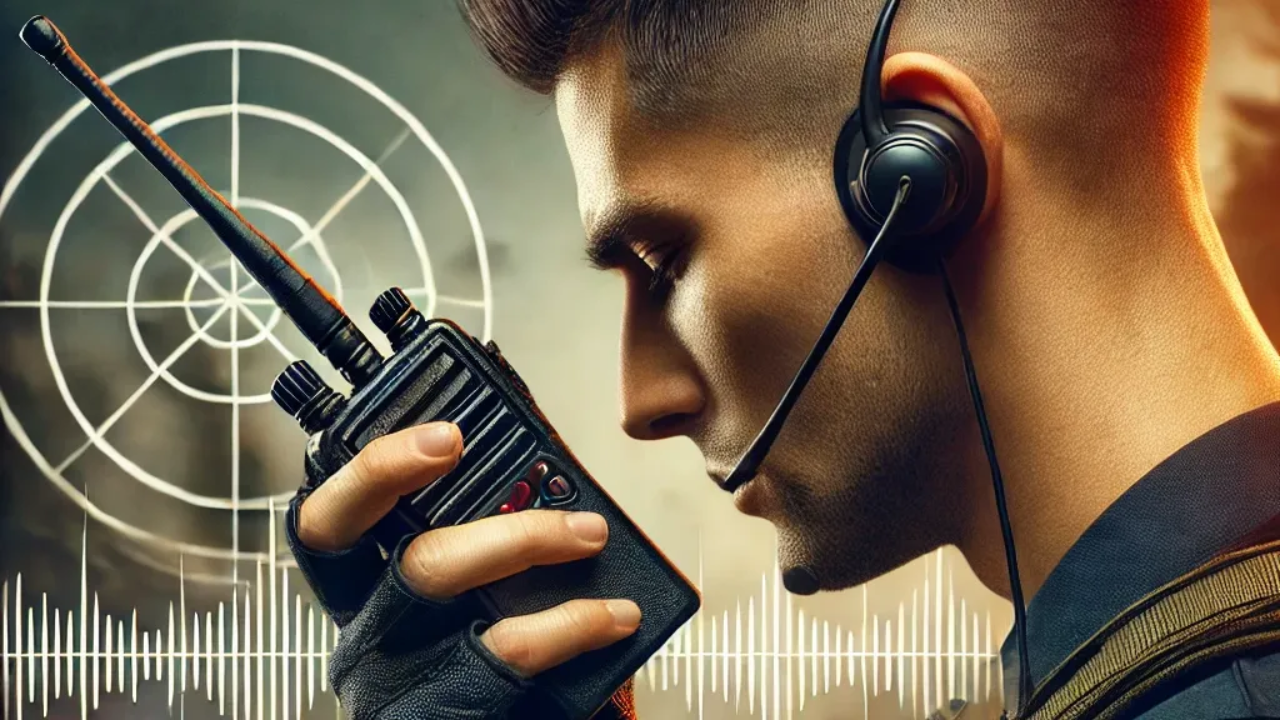How to Prepare for Police Academy Radio Communications Training
Feb 06, 2025
5 Tips to Master Radio Communications Training at the Police Academy
Clear and concise radio communication is essential in law enforcement. Officers rely on radios for dispatch updates, coordinating responses, and calling for backup. Mastering this skill in the police academy ensures you can communicate effectively under pressure. Here’s how to prepare and excel.
1. Learn Police Radio Codes and Procedures
Radio communication follows a structured format, often using 10-codes, phonetic alphabets, and plain language directives. Knowing these ensures clarity in high-stress situations.
Tip: Memorize common radio codes used by your academy and practice saying them aloud to build fluency.
2. Practice Speaking Clearly and Concisely
Radios have limited bandwidth, so messages must be short and direct. Speaking too fast or providing unnecessary details can create confusion.
Tip: Use a calm and steady voice, enunciating key details like locations, suspect descriptions, and urgent requests.
3. Understand Radio Protocol and Etiquette
Proper radio usage follows specific etiquette to avoid miscommunication. This includes waiting your turn, acknowledging transmissions, and avoiding unnecessary chatter.
Tip: Always begin with your unit number or call sign before transmitting and wait for dispatch confirmation before speaking.
4. Train for Emergency Situations
During emergencies, officers must stay calm and relay critical information quickly. Practicing emergency calls ensures you know exactly what to say when seconds matter.
Tip: Participate in academy drills where you simulate calling for backup or reporting an incident under stress.
5. Use Role-Playing to Build Confidence
Many academies use simulated dispatch calls to help recruits practice under real-world conditions. Engaging in these exercises improves accuracy and confidence.
Tip: Pair with a fellow recruit and take turns playing the role of dispatch to practice realistic radio exchanges.
Mastering radio communications requires clarity, confidence, and strict adherence to protocol. By refining these skills in the academy, you’ll be ready to handle real-time communication efficiently in the field.
For more tips on succeeding in the police academy, visit www.armoganct.com.
Best,
Barbara
Armogan Training Team
Have a Question or Need Help?
Use the form below to reach out with any questions about our programs, services, or support. We’ll get back to you as soon as possible.
We hate SPAM. We will never sell your information, for any reason.

